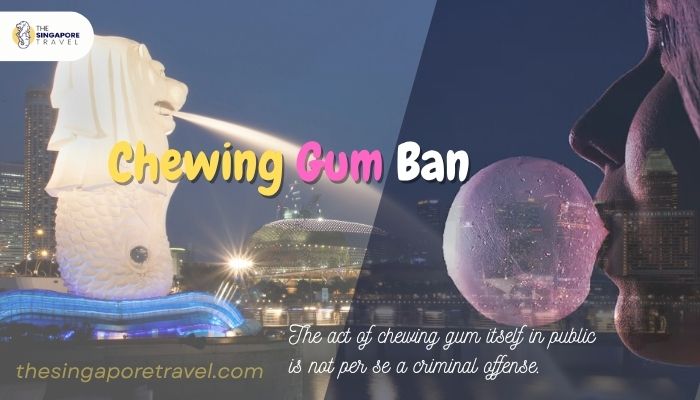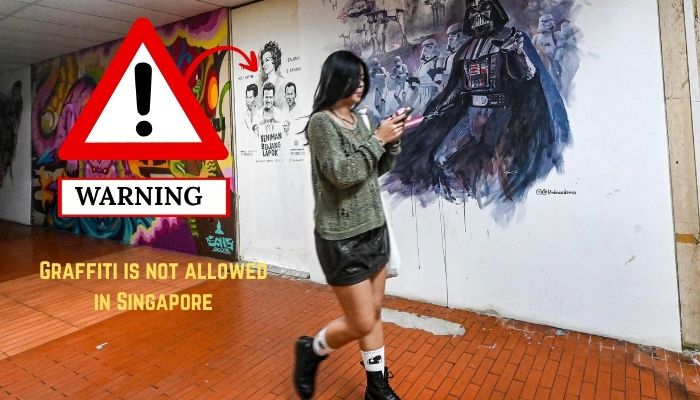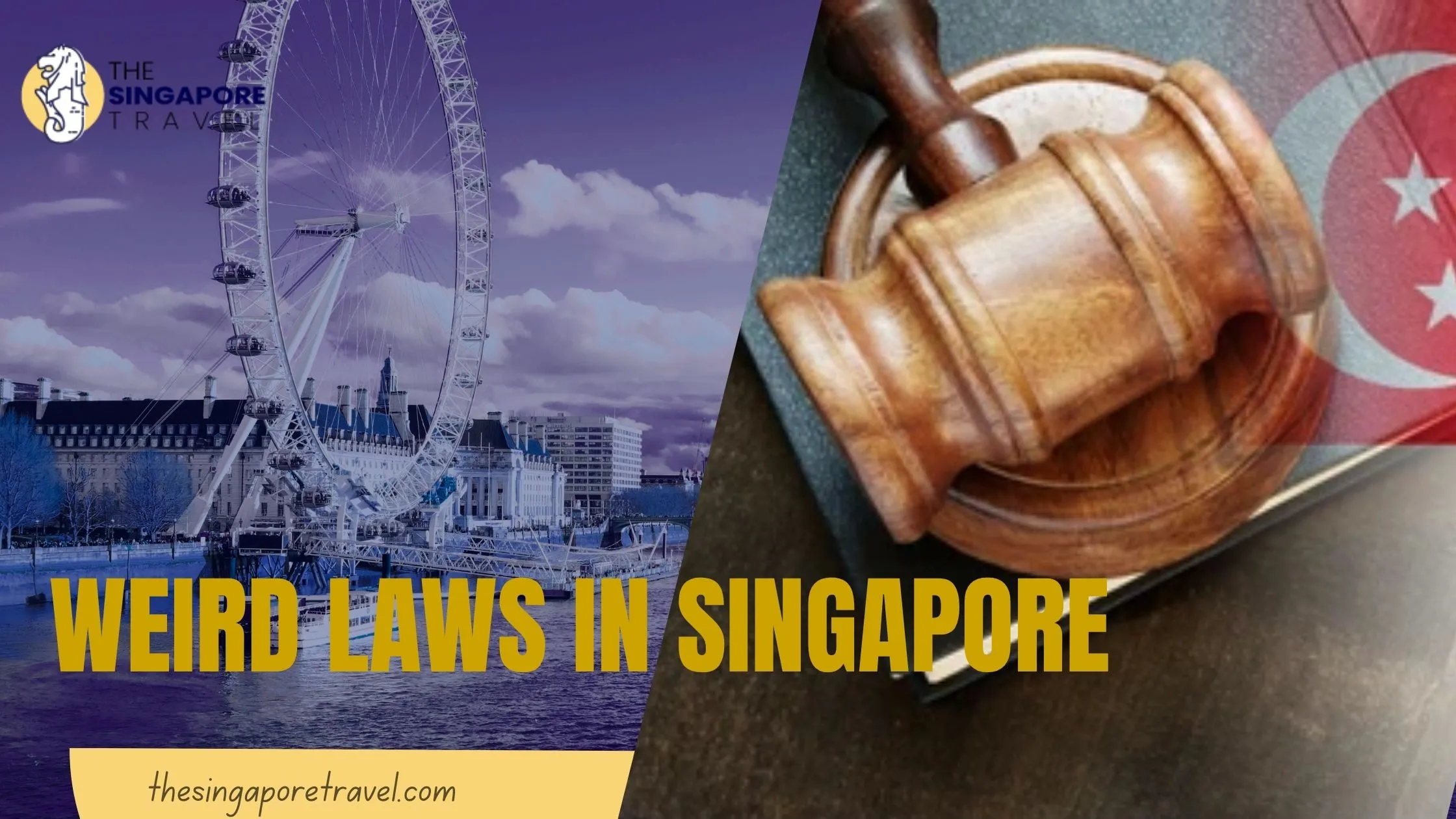Singapore is commonly referred to as a Fine City, which is a pun that emphasizes its greatness as well as its financial penalties of breaking the rules. Although most sites name these laws as strange trivia, the truth behind the situation is a lot deeper. The legal framework that is peculiar to Singapore is not in vain developed; it is the foundation of the national identity, which is carefully designed to guarantee the survival, prosperity, and social peace in the over-crowded, multi-ethnic city-state.
This guide transcends the headlines to offer the comprehensive knowledge of the history of Singaporean laws, their philosophy, and their application in practice.
The Foundational Philosophy: From Swamp to Metropolis
One should know the context of Singapore before comprehending its laws. Singapore was a resource starved island with insurmountable problems after achieving independence in 1965: overcrowding, poor health of the people and racial strain.
The government had assumed a pragmatic form of governance under the leadership of the prime minister, Lee Kuan Yew. It was believed that Singapore had to be transformed into a clean, safe, and beautiful place of global trade and investment and strict laws were needed to accomplish this in a short period of time. All the laws, however strange they appeared, did have a strategic value in this nation-building project.
A Detailed Analysis of Key Singapore Laws
1. The Chewing Gum Ban: More Than Just Sticky Sidewalks

Although frequently used as a representation of the nanny state of Singapore, the reasons behind the ban are very practical.
- The official law: Sale of Gum Act 1992 is the main law that regulates the chewing gum. Gum is not allowed to be imported and sold.
- The Deeper Reason: It was not litter, but vandalism which was the major catalyst. At the beginning of the 1990s, the new Mass Rapid Transit (MRT) system had to endure numerous incidences of gum stickings into the door sensors leading to massive disruptions, cost of repair, and safety issues by the vandals.
- The Nuance: Therapeutic gum (e.g. nicotine or dental gum) is considered legal and can be purchased under a prescription in a pharmacy. This demonstrates that the law is not an object without discrimination.
- Contemporary Enforcement: Although the blanket ban has been slightly eased, the act is still a potent reminder of how committed Singapore is towards ensuring that infrastructures it provides are not damaged by the people.
You may also read :- Weird Laws in Singapore That Left Me Shocked
2. Anti-Vandalism Act: The Shock of Caning
This law became infamous in the entire world when an American teenager, Michael Fay, was the subject of the case in 1994.
- The Official Law: Vandalism Act specifies that punishment may comprise a fine, imprisonment, and corporal punishment (caning) of offences such as graffiti, spray-painting, or any other damage to property.
- The Deeper Reason: This law is a zero tolerance policy towards actions that disgrace the common environment. Because it is a country that has carefully designed its own public spaces on the ground level, vandalism is regarded as a personal attack on the overall social structure and the aesthetic cleanliness of the nation.
- The Subtlety: Caning is a serious punishment which is not imposed on minor mischief but a serious vandalism. It is a potent no-mercy killing.
3. Liquor Control Act: Maintaining Public Order After Dark
This is a new legislation which was the result of a particular outburst.
- The Official Law: The Liquor Control Act that was issued in 2015 forbids the consumption and selling of alcohol to the population in all places of the population after 10.30 PM and before 7.00 AM.
- The Deeper Reason: The legislation was a direct reaction on the 2013 Little India riot, among the most severe mass-unrests in Singapore recent history which was connected with drinking alcohol. The law will be designed to prevent public nuisance and violence in relation to alcohol.
- The Finer Tune: There are stricter prohibitions on the specified Liquor Control Zones such as Little India and Geylang. The ban still allows drinking in licensed drinking establishments such as bars and restaurants.
4. The Unwritten Rules: Social Etiquette as Law
A number of the strongest norms in Singapore are not legal regulations but are rather imposed by the society and fortified with a legal force.
- The Durian Ban on Public Transport: This is not a written law but a ban imposed on the transportation of the odious durian fruit in buses and trains. It is the best illustration of social consideration over personal preference to preserve collective comfort.
- The No Walking Naked Law: According to the Penal Code, it is a crime of either public nuisance or obscenity to be naked in your own home, when you are obviously in view of other people. This underscores the absence of complete privacy in a congested city environment.
5. Graffiti is not allowed in Singapore

Vandalism in Singapore carries the risk of arrest and beatings. After an American teenager was whipped for damaging cars and public property, Singapore's anti-vandalism laws first shocked the media in 1994. Such works of art are considered vandalism only if done without permission.
Although some of these regulations may seem absurd or outdated, they are necessary to maintain Singapore's conservation reputation. Although they may seem strange, these rules are respected by the government. Therefore, tourists visiting Singapore should know about them to avoid problems. These rules serve as a final reminder that each nation has its own laws and customs.
6. You cannot connect to Wi-Fi without permission
In Singapore, using someone else's Wi-Fi network without permission is prohibited. You risk a fine or jail time if you try to do the same. It is crucial that business travelers visiting Singapore understand these rules.
This law is described in Section 6(1)(a) of the Computer Misuse Act 1993. He makes the point that violators may face a fine in addition to a sentence of more than two years in prison. The maximum sentence and fine both rise with a second conviction.
Conclusion: Understanding the Social Contract
The laws of Singapore, as the infamous ban on chewing gum up to the severe fines on vandalism are not just trifles. They are parts and parcel of a special social contract. To the visitors, it is important to understand this context in order to be able to appreciate the success of the city-state.
These rules are not only respect to pay a fine, but to recognize the conscious decisions that a country had taken in order to earn its niche in this world. It is a clean, safe, and most effective environment, regimented, but providing a rare and valuable kind of peace among the people.
This is an AI-generated response, which is used as reference.
Frequently Asked Questions
Q1: Do you have chewing gum in Singapore that you can be caned?
A: No, it is a stereotype. Caning is a punishment that accompanies some grave offences such as vandalism, violent offence or some immigration offences. The fine imposed in case of unauthorized importing or selling of gum is very hefty, and not caning.
Q2: Am I allowed to carry any chewing gums to Singapore as a tourist?
A: It is highly discouraged. Although some of the items to be used personally can be ignored, technically, it is also against the law to import any non-therapeutic gum. It is better to leave some of them at home to avoid possible fines.
3: Why is Singapore so rigid as opposed to neighbors?
A: The leadership of Singapore has consistently claimed that its small scale, paucity of natural resources and diverse population needs a solid framework of legislation to keep order, draw international investment as well as make sure of its quick development. This social contract that exchanges part of the liberties of the individual to the safety and wealth of the masses is acceptable to its citizens.
Q5: Are these laws actually effective?
A: By their own metrics, overwhelmingly yes. Singapore consistently ranks as one of the world's safest, cleanest, and most corruption-free countries. Its low crime rates and high quality of life are often attributed to this strict legal framework.

